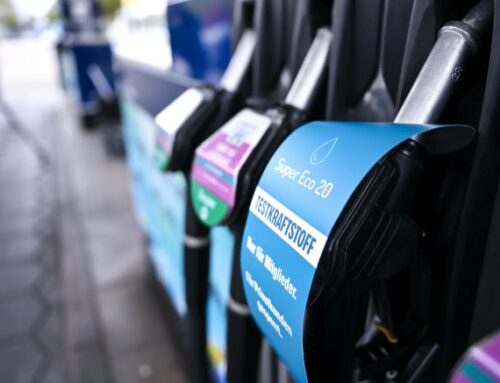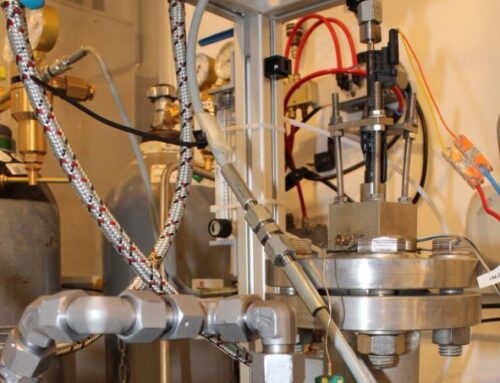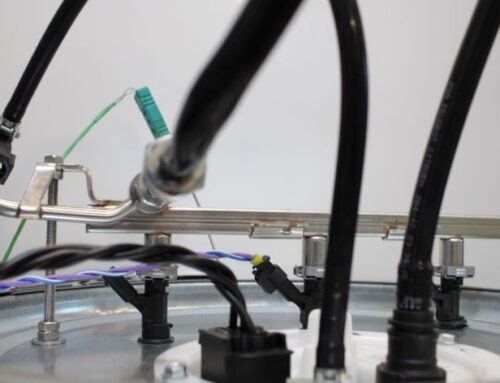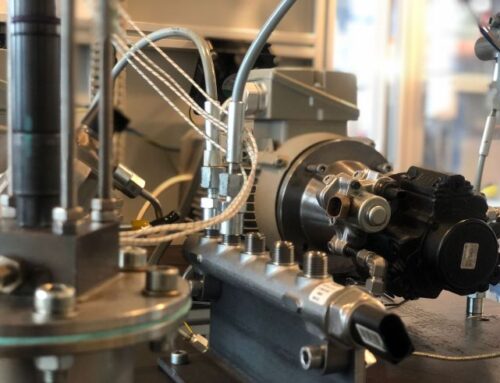EU project IdealFuel presented at 5th FJRG meeting
14 July 2022 – New climate-friendly and sustainable fuels must be compatible with existing engine technology – also in shipping. The expensive and time-consuming engine tests that have been common in fuel development are no longer necessary for a reliable assessment of fuel compatibility. Tec4Fuels GmbH’s smart hardware-in-the-loop (HiL) tests provide a comparatively fast and cost-effective laboratory method that enables valid statements to be made about compatibility during the development process, for example. At the beginning of July, Tec4Fuels Managing Director Klaus Lucka reported on his experiences with the testing of marine fuels at the 5th meeting of the Fuels Joint Research Group.
The meeting, themed “Fuels for Tomorrow’s Mobility”, focused on fuel alternatives for CO2-neutral mobility, such as hydrogen, methanol, ammonia, oxymethylene ether and methanol-to-gasoline. The focus was on ways and concepts with which sustainable fuels can contribute to greenhouse gas reduction in aviation, shipping and road transport.
Klaus Lucka presented interim results in the EU research project “IdealFuel” based on HiL test procedures for fuels and engine components. IdealFuel aims to develop processes for converting lignin into renewable marine fuels. Lignin is the polymer found in the structural materials of dry plants such as straw or wood and is also known as lignocellulosic biomass. The aim is to use this abundant non-food biomass to create a drop-in, particularly low-sulfur, low-cost fuel. Initial tests with different fuels are already underway on test rigs, where they pass through components such as pumps, filters common rail systems and injection nozzles. Regular analyses over the test period will determine changes in the fuels and components over the test period, providing information on compatibility under normal and forced loads. Tec4Fuels also applies the HiL principle in the areas of coolants, aviation and automotive engines, among others, and creates fluid condition monitoring concepts.





